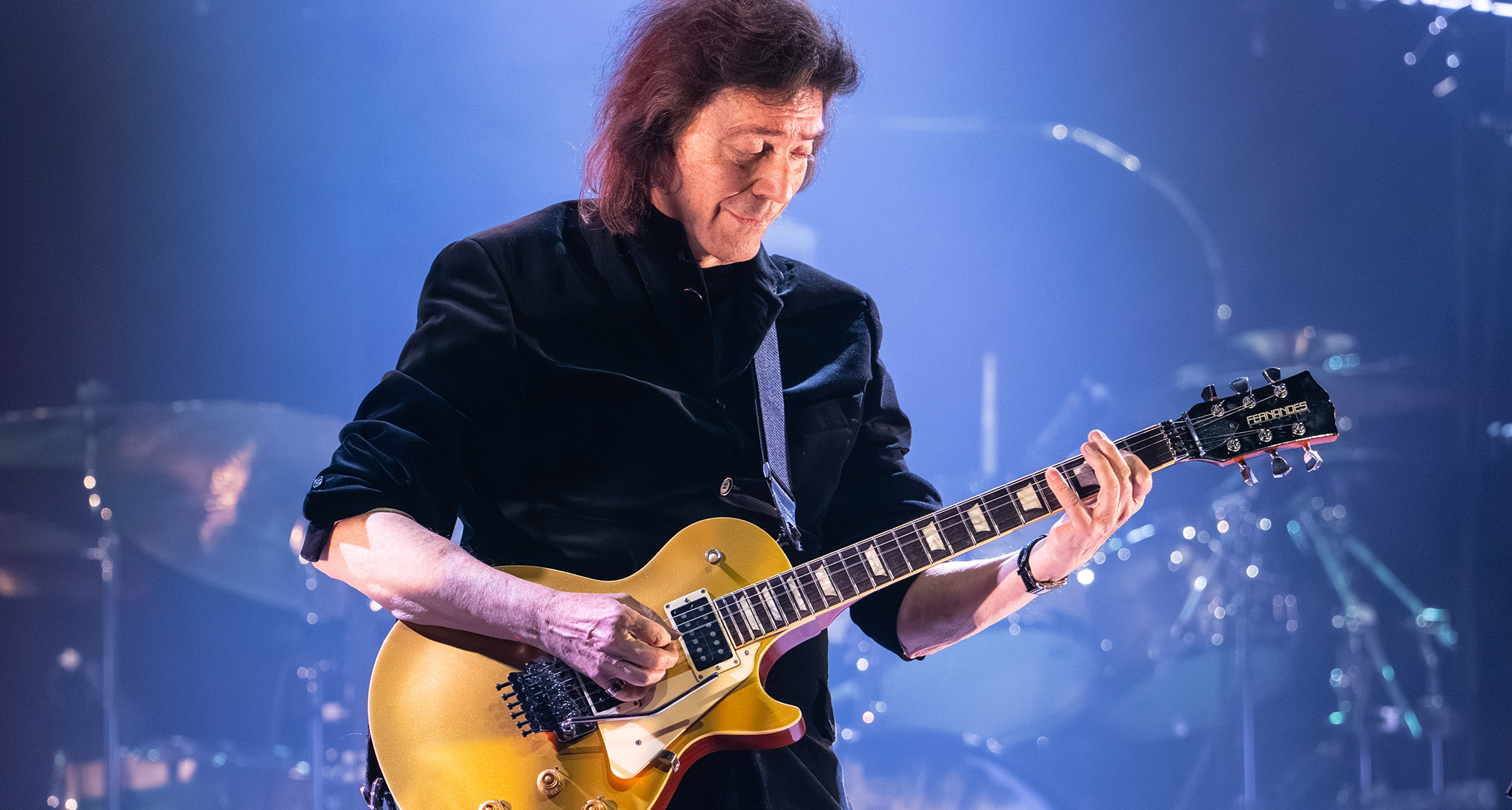Al Di Meola on The Beatles: "It's surprising that they had the guts to play those kind of chords"
The jazz-fusion great talks Across the Universe, his latest tribute to the Fab Four

When it comes to The Beatles, melody reigns supreme. Al Di Meola credits The Beatles for inspiring him to become a guitarist and admires the group’s penchant for melodies. It’s why he decided to record a second tribute album titled Across The Universe.

Learn the secrets behind Al di Meola's tone on Race with Devil on Spanish Highway
Di Meola feels too many of his jazz-fusion peers have gotten further away from melody and are too focused on elaborate solos than the actual composition. He feels melody-driven songs, such as those by The Beatles, have a greater impact and are more universally relatable. It’s why he feels he’s become more of a composer.
“I feel they've just forgotten how you get to the heart of people,” he says. “It's just something that gets you. It's something in the simplicity. It holds more power.”
The songs on Across the Universe have more oomph compared to 2013’s All Your Life thanks to increased production. Over the course of 14 Beatles tunes, the album offers a mix of electric guitar orchestrations, acoustic arrangements as well as exotic compositions featuring jazz fusion and world music stylings.
“I wanted to make one with a lot of production and just basically pick a lot of the other songs that I wish I had done on the first one and then do them with the more elaborate kind of presentation,” Di Meola says.
Compared with All Your Life, Across the Universe’s melodies are less abstract. “On the first one I think the chord melody factor was kind of adventurous,” he says.
One of the most challenging songs for him to play was Mother Nature's Son. “It was one of the more difficult pieces because it's sort of a chord melody and it's not meant to sound hard; it just is hard,” he says.
All the latest guitar news, interviews, lessons, reviews, deals and more, direct to your inbox!
In creating his own versions of the songs, such as Till There Was You, Di Meola grew even more fond of the originals.
“When you're looking at it and listening to it, it's one thing. But then when you're playing it you realize, ‘Oh, this song, it's got a lot of meat. It has a lot of harmonic ingenious, genius movements to it,’” he says.
“It's surprising at their age, playing in front of 50 million people, that they had the guts to play those kind of chords. But you don't think about that until you analyze the piece.”
Josh is a freelance journalist who has spent the past dozen or so years interviewing musicians for a variety of publications, including Guitar World, GRAMMY.com, SPIN, Chicago Sun-Times, MTV News, Rolling Stone and American Songwriter. He credits his father for getting him into music. He's been interested in discovering new bands ever since his father gave him a list of artists to look into. A favorite story his father told him is when he skipped a high school track meet to see Jimi Hendrix in concert. For his part, seeing one of his favorite guitarists – Mike Campbell – feet away from him during a Tom Petty and the Heartbreakers concert is a special moment he’ll always cherish.

